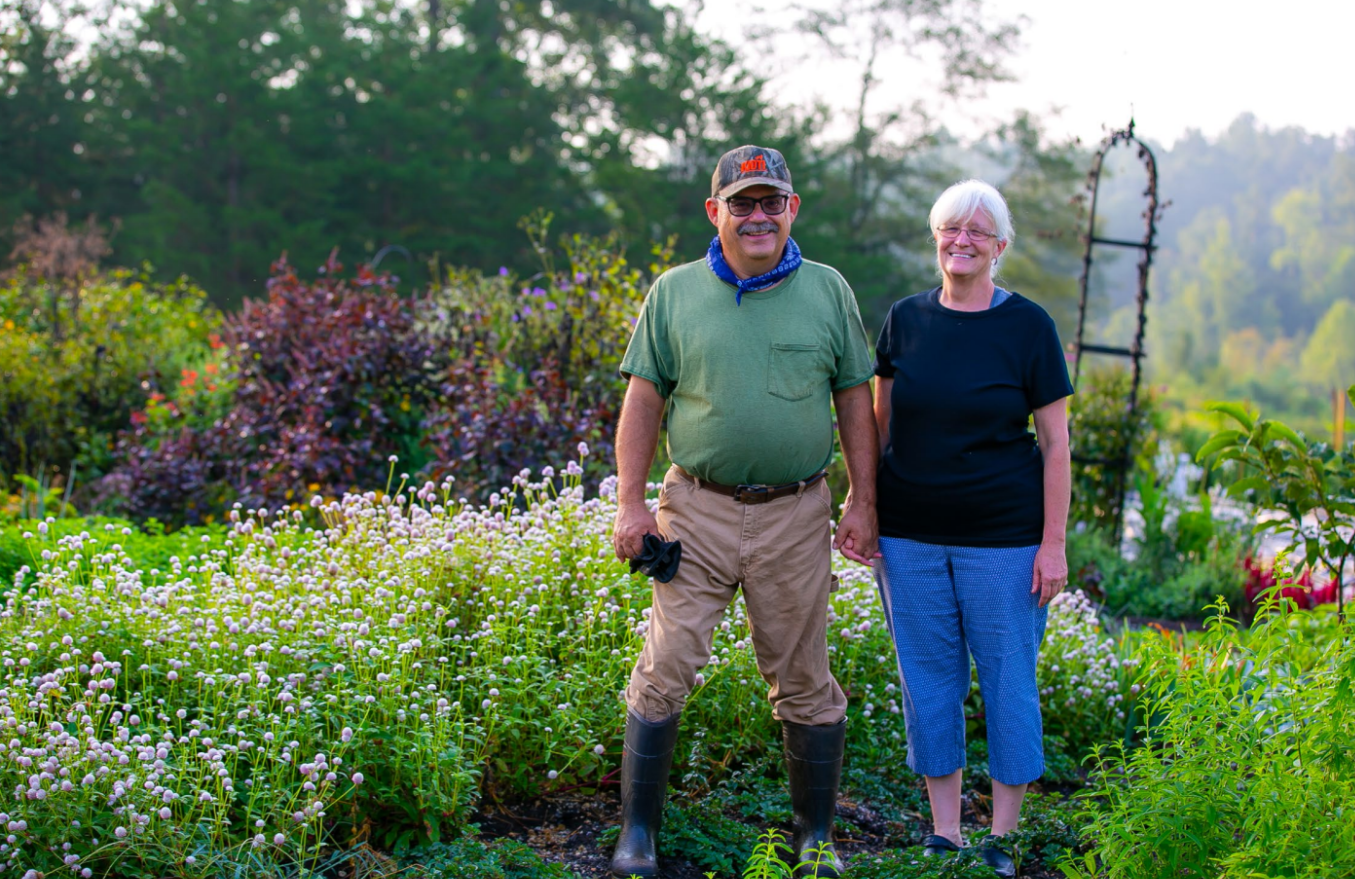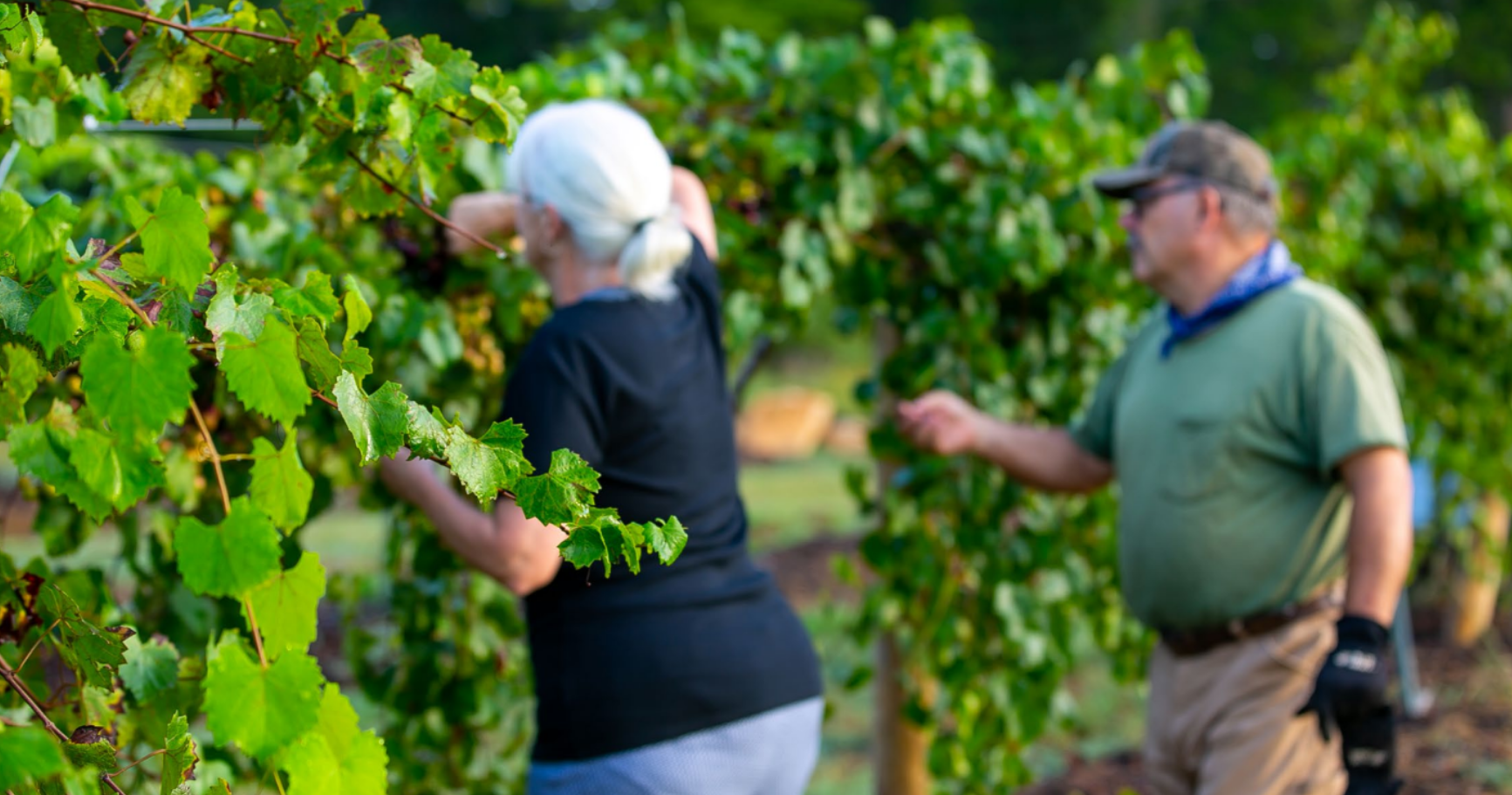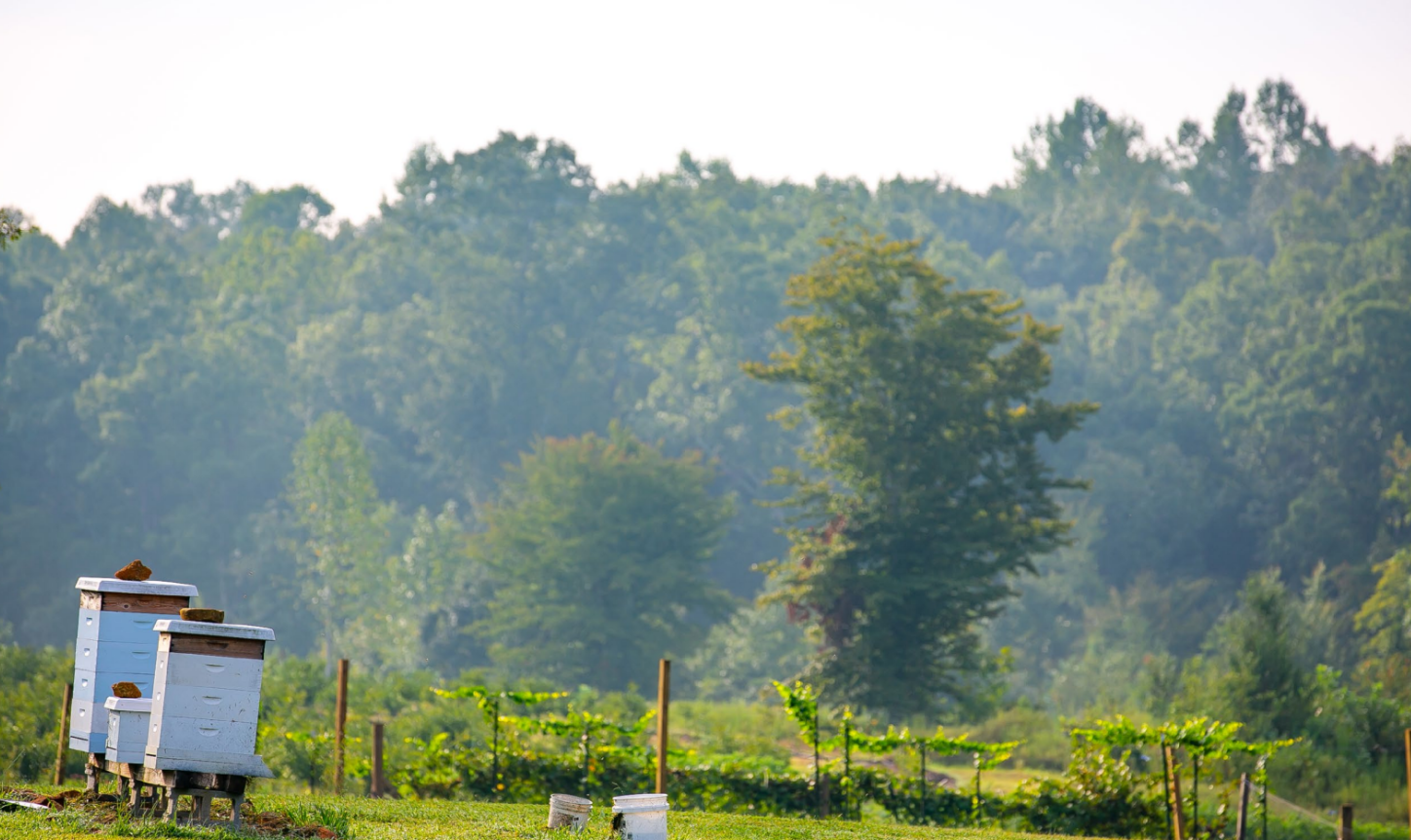Farming Later in Life – NC Farm School Stories
go.ncsu.edu/readext?966255
en Español / em Português
El inglés es el idioma de control de esta página. En la medida en que haya algún conflicto entre la traducción al inglés y la traducción, el inglés prevalece.
Al hacer clic en el enlace de traducción se activa un servicio de traducción gratuito para convertir la página al español. Al igual que con cualquier traducción por Internet, la conversión no es sensible al contexto y puede que no traduzca el texto en su significado original. NC State Extension no garantiza la exactitud del texto traducido. Por favor, tenga en cuenta que algunas aplicaciones y/o servicios pueden no funcionar como se espera cuando se traducen.
Português
Inglês é o idioma de controle desta página. Na medida que haja algum conflito entre o texto original em Inglês e a tradução, o Inglês prevalece.
Ao clicar no link de tradução, um serviço gratuito de tradução será ativado para converter a página para o Português. Como em qualquer tradução pela internet, a conversão não é sensivel ao contexto e pode não ocorrer a tradução para o significado orginal. O serviço de Extensão da Carolina do Norte (NC State Extension) não garante a exatidão do texto traduzido. Por favor, observe que algumas funções ou serviços podem não funcionar como esperado após a tradução.
English
English is the controlling language of this page. To the extent there is any conflict between the English text and the translation, English controls.
Clicking on the translation link activates a free translation service to convert the page to Spanish. As with any Internet translation, the conversion is not context-sensitive and may not translate the text to its original meaning. NC State Extension does not guarantee the accuracy of the translated text. Please note that some applications and/or services may not function as expected when translated.
Collapse ▲While most people plan for retirement, Lis and Tim Murray were planning their next adventure. For over 30 years, this husband and wife team dreamed about starting a farm. “It was time to jump in the water and live the dream,” acknowledged Lis. “We wanted to grow fresh, local blueberries.”
Lis and Tim Murray enrolled in the NC Farm School program. Despite the 30-year wait, Lis and Tim learned from the NC Farm School program to plan a long-term strategy, especially with regard to capital infrastructure expenses. They formed a budget to help them differentiate the different types of expenses, upfront costs, maintenance, production and marketing.
They both continued to work full-time as they embarked on their farm journey. Phase one of their farm plan was to establish a blueberry farm. So far, they have planted 900 bushes ranging from 2 to 5 years old. While the blueberry bushes were maturing, the Murrays also maintained a large flower garden. They began selling cut flowers at the Charlotte Regional Farmers Market. Their bouquets were decidedly unique with herbs such as lemon verbena, shiso, mint, oregano and rosemary included in the arrangements, which differentiated them from their competition. Their herb enhanced bouquets sold out at every market. After three years of selling bouquets, the Murrays began formalizing their production processes and expansion plan.
This year, they opened up their farm to u-pick blueberries. “Having neighbors come to the farm to pick blueberries was amazing. We put a sign out and they pulled up the driveway and picked the bushes clean every weekend. They loved coming out to the farm and seeing what we are doing,” enthused Murray. “Farming is a people business!”
The Murrays learned from other farmers during the farm tours organized by NC Farm School about the need to diversify and extend their growing season by considering other products. In addition to blueberries, the Murrays decided to grow garlic to supplement the blueberries.” Blueberry production has been impacted by climate change for the past 2 years. We realize that it may need to be a second crop instead of our primary. We grow garlic because it is harvested at the same time as blueberries. It makes sense to have another product at the farmers market with the blueberries. You plant it in the fall and harvest early June, a low maintenance vegetable,” noted Murray.
The Murrays are keen observers of their market and production. They try small experiments and expand on ideas that work, and quickly abandon those that pose challenges. For example, this past year, they tried to sell their herbs in individual packages. They provided mint for the mojito-themed farmers market grand opening in Charlotte to launch their packaged herb products. They soon found that the time needed to package the herbs challenging.
On the other hand, the Murrays observed that their willow products expanded their sales into November through March. “Curly willows for holiday season and pussy willows for spring. Other flower farms were buying our willows,” observed Murray. They are expanding their willow production over the next couple of years.
As farming is a people business, the Murrays enjoy supporting other farmers and businesses, and this attitude is reflected in their farm tagline: Growing for our community. “Farming has a wonderful rhythm. Morning and evening chores, harvesting/packaging, yearly planning cycles, long-term plans and vision. Building a farm, you meet tradesmen, support other small businesses, employees, neighbors, meet farmers and NC State cooperative extension agents. It is an interesting adventure.”


